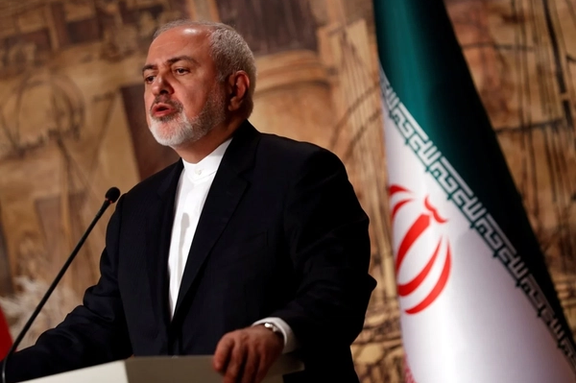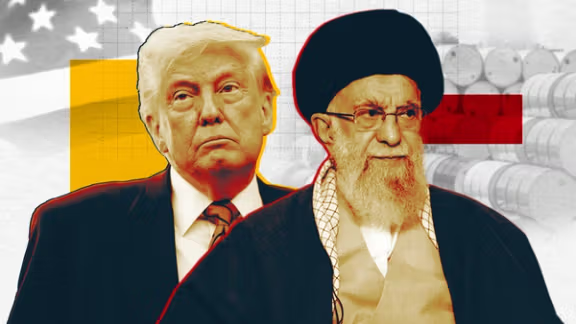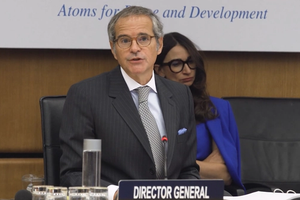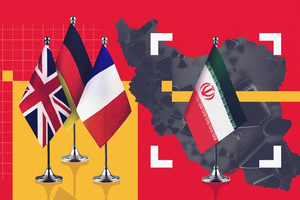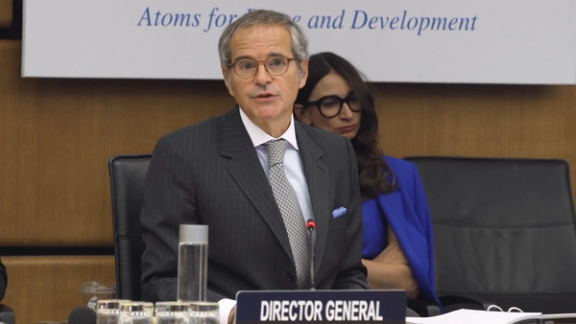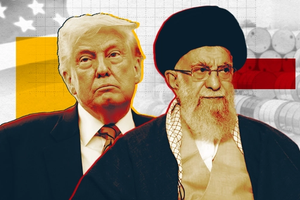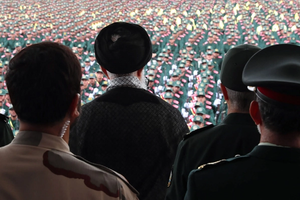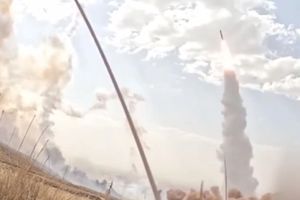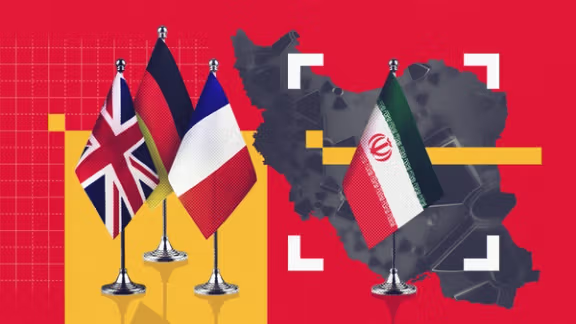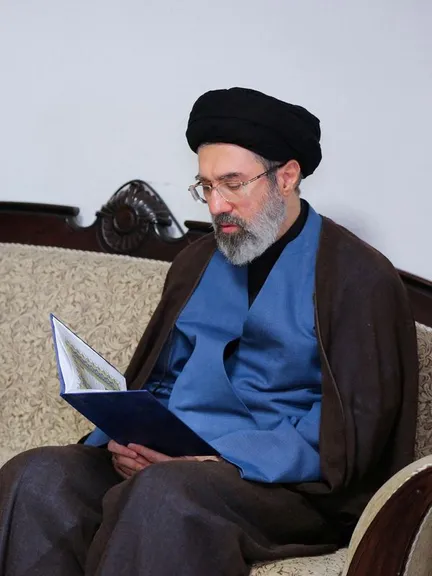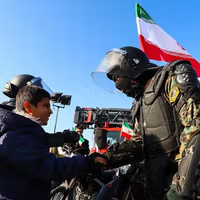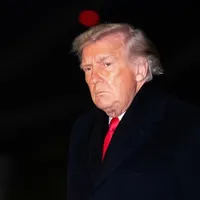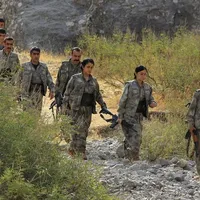“While national law may create obligations domestically, it cannot do so for the IAEA,” he added, saying that the Non-Proliferation Treaty safeguards agreement remains fully in force.
“The consideration of Iran's nuclear program has remained at the center of our efforts in the past few weeks and especially after the attacks that took place in June.”
Iran’s curbs on inspectors
The Iranian parliament passed a law on June 25 restricting the agency’s work, approved by the president on July 2.
Since then, IAEA inspectors have been denied access to enrichment facilities at Fordow, Natanz, and Isfahan, with visits confined to the Bushehr power plant after Israeli and US military strikes in June.
A confidential IAEA report last week showed Iran’s stock of uranium enriched to 60% rose nearly eight percent before the June 13 Israeli attack, reaching 440.9 kilograms.
The agency acknowledged it “lost continuity of knowledge” over inventories during that period.
Snapback sanctions and stalled talks
Following those developments, France, Germany, and the UK activated the UN sanctions snapback mechanism, prompting Iranian threats of retaliation.
Any new inspection framework must now be cleared by Iran’s Supreme National Security Council, and no agreement has yet been reached.
Grossi said technical discussions in Tehran and Vienna have made progress toward a practical arrangement to resume monitoring.
“It is my sincere hope that within the next few days, it will be possible to come to a successful conclusion,” he told governors.
Safeguards violations under scrutiny
The board is meeting against the backdrop of the IAEA’s May comprehensive report, which found Iran in breach of its safeguards obligations by concealing activities at sites including Lavisan-Shian, Marivan, Varamin, and Turquz-Abad.
The agency’s safeguards remain legally binding in Iran and must be fully implemented if wider diplomatic talks are to advance, Grossi told governors.
“The full implementation of the rights and obligations of the agency and Iran under Iran's NPT safeguards agreement is indispensable to paving the way towards real improvement in the overall situation,” he said.
With the general conference due next week and European powers pushing for a censure resolution, Grossi framed the coming days as decisive. “Always enough when there is good faith and a clear sense of responsibility,” he said, appealing for cooperation that could avoid escalation at the Security Council.
Press conference
After his remarks to the board, Grossi fielded questions in Vienna, saying he had no fixed plan to travel to Iran but hoped to do so “as part of the normalization of our contacts and relations with Iran.”
He described trust-building as gradual, citing consultations in Tehran and Vienna as well as his talks with Foreign Minister Abbas Araghchi. “It will take some time, but in my opinion, we are moving in the right direction,” he said.
He explained that legal deadlines under Iran’s safeguards agreement had already lapsed, and although the agency showed flexibility after days of attacks and damage to facilities in June, “we need to do what is necessary… it is not like we can go for weeks and months on end talking about this.”
On inspections and European snapback sanctions, Grossi stressed the agency’s independence: “We need to resume inspections because this is what we need to do, not because there is snapback.”
Still, he acknowledged that restarting work would carry a positive influence beyond the agency.
Grossi avoided political condemnations when asked about targeted killings of Iranian scientists, saying he would never endorse violence but that attribution was outside his mandate.
He confirmed that required 30-day checks on highly enriched uranium had not taken place and that there was still no clarity about the material’s location. The process of assessing Iran’s disclosures would only begin once access resumed, he added.
Grossi also dismissed remarks that IAEA data had been misused to enable attacks on facilities, calling the allegation “an absurd narrative.”
The agency, he said, had never shared confidential inspection information and was discussing additional measures to reassure Iran that safeguards data remained secure.
Obstacles to an agreement
Grossi said the main hurdles were practical -- gaining access to bomb-damaged facilities, addressing safety concerns, and navigating a new Iranian system that requires high-level political clearance.
Despite these obstacles, he said that negotiations were moving closer to agreement and voiced hope that a deal could be reached soon.
On the scope of inspections, he said that only the standard measures of the Comprehensive Safeguards Agreement were under discussion, since Iran is not applying the Additional Protocol.
He welcomed Tehran’s declared commitment to remain in the NPT but rejected calls to denounce individual states, warning that political condemnations would undercut his role.
Replying to Iran International
Responding to Iran International about a planned inspection at Isfahan nuclear site canceled by airstrikes, Grossi said he could not provide details of what was intended there.
He emphasized, however, that the agency had “no credible information about any other sites or places where enrichment activity would have been taking place before the attacks in June,” and added he expected access once conditions allowed.


